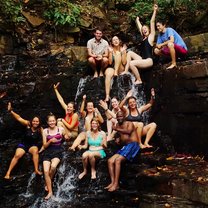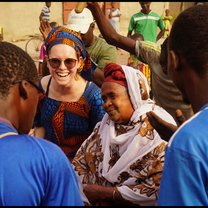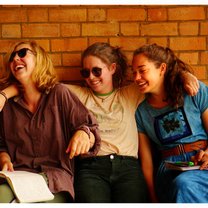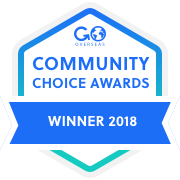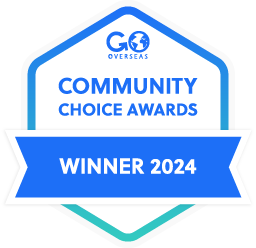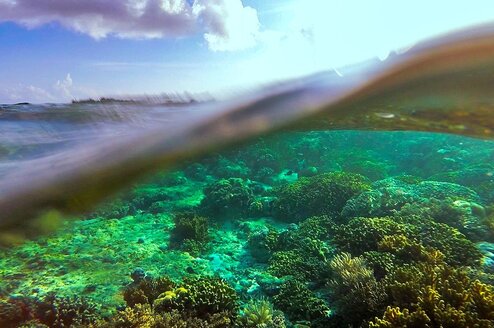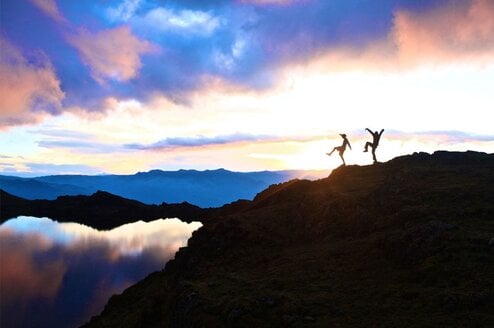Madagascar: Cultural & Ecological Diversity Gap Year Semester
- Madagascar
About Program
Rugged travel across a canvas of deserts, forests, mountains, and seas paint the vivid ecosystems and traditions that make up this island-nation. Stunningly diverse and colossal in size, more than 80% of the plant and animal species in Madagascar are not found anywhere else in the world. The Malagasy people are similarly unique. Historical and geographic isolation have made Madagascar a place where almost all of what you see, hear, and do are possible nowhere else on earth. Early in the program, we set out to explore some of the country’s unique ecosystems. We trek in two of the country’s most famous national parks and conduct animal surveys alongside wildlife researchers. We learn about the many species of lemurs, an endangered primate well-known for their catlike faces and playful sounds and behaviors.
Video and Photos
Diversity & Inclusion 💙
BIPOC Support
LGBTQIA+ Support
In some cases, students may be advised not to speak about their sexual orientations and/or gender identities with local contacts (such as homestay families, ISP mentors, language teachers, and guest speakers) due to safety concerns. Likewise, transgender and non-binary students may have to choose to present outwardly as male or female in certain contexts during the program. In other cases, “coming out” to some or all host community members may be a safe choice.
Neurodivergent Support
Accessibility Support
Impact 🌎
Sustainability
Ethical Impact
Learning Service is a holistic experience that combines an intimate and authentic engagement with the local community, the study of effective development, and the contribution to an established community-driven project. It is the process of living, working alongside, and humbly absorbing the culture of those being served while coordinating closely with project managers to understand the trajectory of the project, from inception to completion and beyond. It is an acknowledgment that often it is the volunteer who stands to gain as much or more from the work. And it is a commitment to making contributions that create positive impacts in the communities coupled with the humility to always listen and learn first.
Program Highlights
- Delve into issues such as the provocative legacies of African slave trade and local conservation issues – particularly the complex tension between economic development and environmental preservation in Madagascar.
- Investigate how the micro-economics and political events impact the environment in Madagascar.
- Immerse yourself in Malagasy culture in two unique homestays in a semi-urban and rural environment.
- Experience Madagascar’s rich biodiversity with multi-day hikes and day-hikes in Isalo National Park, Andasibe National Park and Ranomafana’s lush mid-altitude rainforest.
- Travel throughout Madagascar on local transportation, which often winds slowly down sing-landed roads cluttered by cars, ox cards, bicycles and foot-traffic.






















